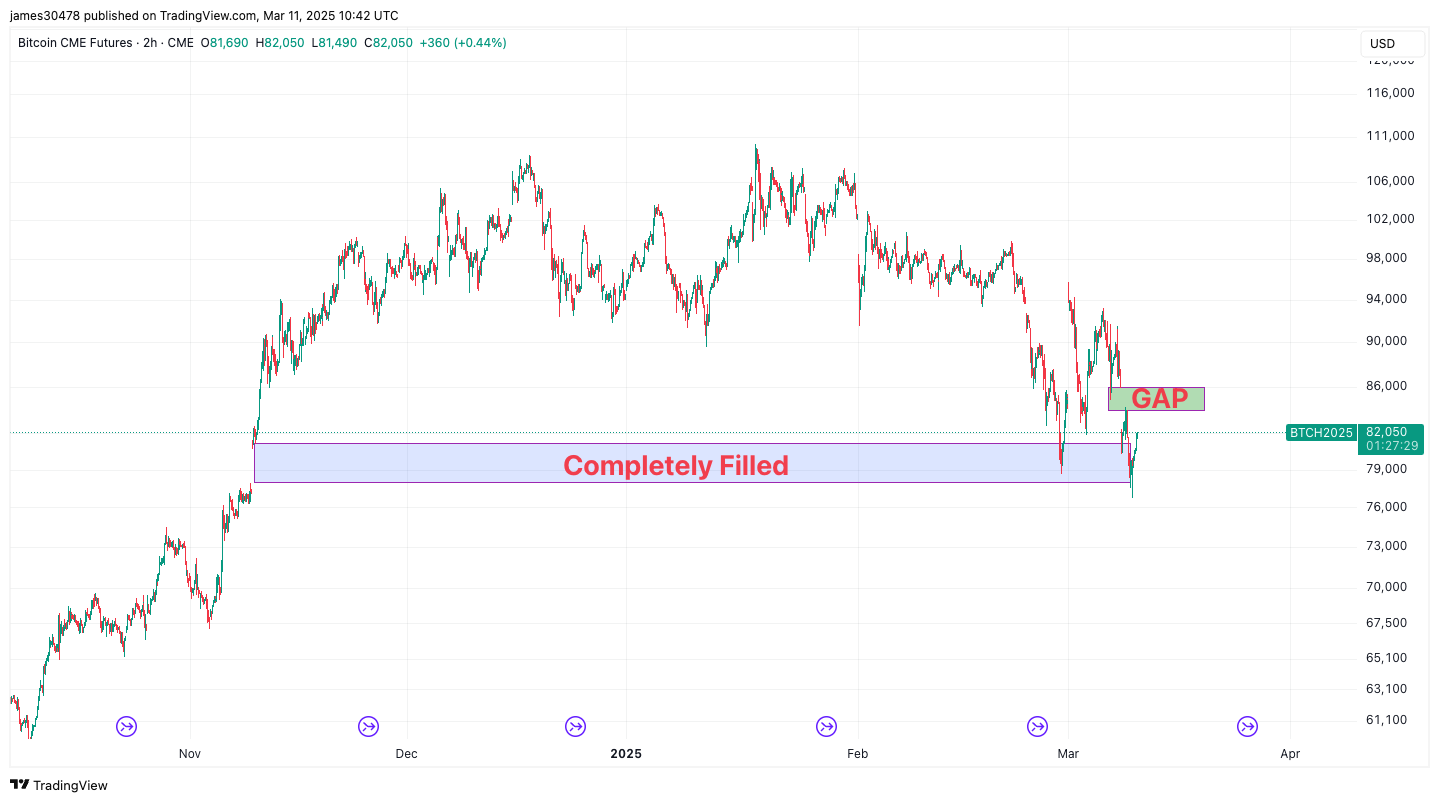The Financial Times (FT) reported on Monday that cryptocurrency groups are urging the Bank of England (BoE) to scrap proposals limiting the amount of stablecoins individuals and businesses can own.
The groups warned that the rules would leave the UK with stricter oversight than the U.S. or the European Union (EU).
According to the FT, BoE officials plan to impose caps of 10,000 british pounds to 20,000 British pounds ($13,600–$27,200) for individuals and about 10 million British pounds ($13.6 million) for businesses on all systemic stablecoins, defined as tokens already widely used for payments in the U.K. or expected to be in the future.
The central bank has argued the restrictions are needed to prevent outflows of deposits from banks that could weaken credit provision and financial stability.
The FT cited Sasha Mills, the BoE’s executive director for financial market infrastructure, as saying the limits would mitigate risks from sudden deposit withdrawals and the scaling of new systemic payment systems.
However, industry executives told the FT the plan is unworkable.
Tom Duff Gordon, Coinbase’s vice president of international policy, said “imposing caps on stablecoins is bad for U.K. savers, bad for the City and bad for sterling,” adding that no other major jurisdiction has imposed such limits.
Simon Jennings of the UK cryptoasset business council said enforcement would be nearly impossible without new systems such as digital IDs. Riccardo Tordera-Ricchi of The Payments Association told the FT that limits “make no sense” because there are no caps on cash or bank accounts.
The U.S. enacted the GENIUS Act in July, which establishes a federal framework for payment stablecoins. The law sets licensing, reserve and redemption standards for issuers, with no caps on individual holdings. The European Union has also moved ahead with its Markets in Crypto-Assets Regulation (MiCA), which is now fully in effect across the bloc.
Stablecoin-specific rules for asset-referenced and e-money tokens took effect on June 30, 2024, followed by broader provisions for crypto-assets and service providers on Dec. 30, 2024. Like the U.S. approach, MiCA does not cap holdings, instead focusing on reserves, governance and oversight by national regulators.
CoinDesk: Bitcoin, Ethereum, Crypto News and Price Data



